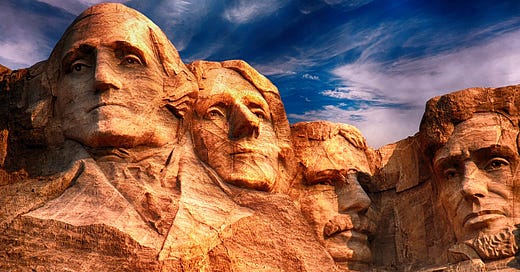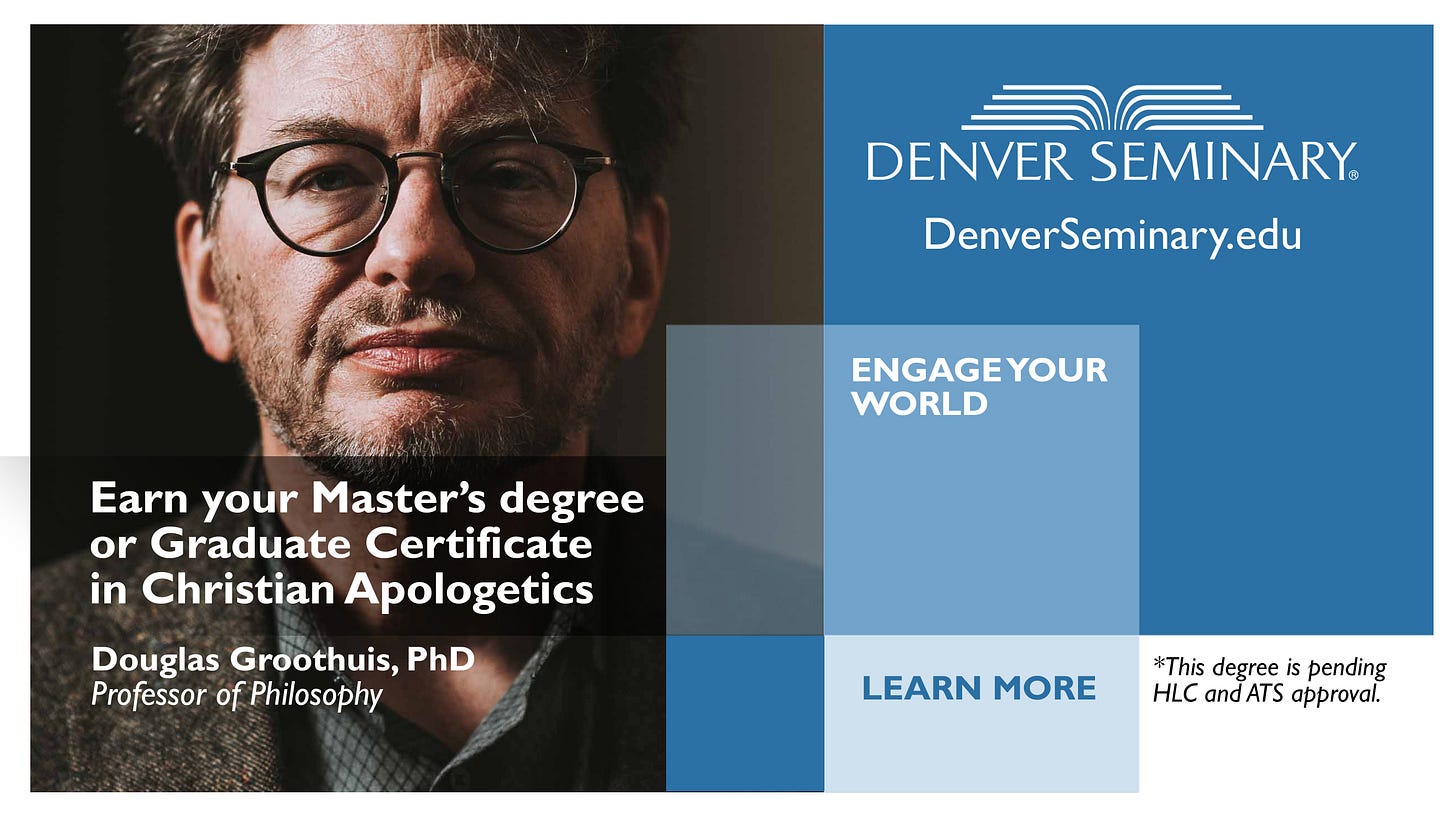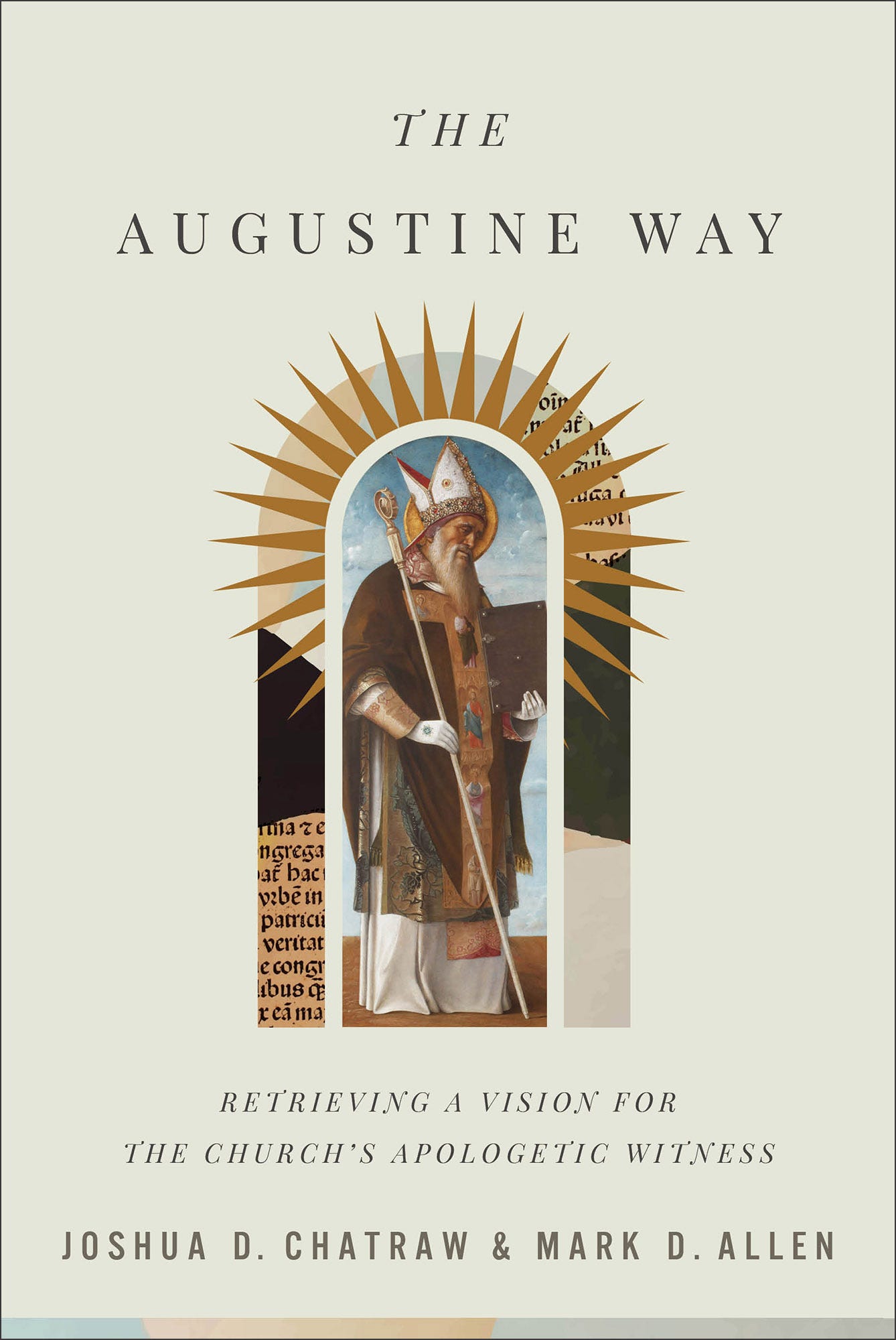Critical Race Theory (CRT) is a revolutionary neo-Marxist ideology that is incompatible with the founding ideals of America as well as with the Christian worldview.[1] This ideology was behind much of the George Floyd riots of 2020, which were animated by the claim that America is and always has been unjust toward people or color. I cannot address this claim in depth here, but it is paramount for Christians to understand the philosophical assumptions at the heart of “the American experiment,” if we are to defend what is good about our country and seek to correct what needs reforming.
What is America?
What should Americans think and feel about their country? The United States government was formulated by men well-versed in the philosophy and history of civil government. As American historian Richard Hofstadter wrote:
The Founding Fathers were sages, scientists, men of broad cultivation, many of them apt in classical learning, who used their wide reading in history, politics, and law to solve the exigent problems of their time. No subsequent era in our history has produced so many men of knowledge among its political leaders as the age of John Adams, John Dickinson, Benjamin Franklin, Alexander Hamilton, Thomas Jefferson, James Madison, George Mason, James Wilson, and George Wythe.[2]
That is exceptional, but some tar the whole enterprise as racist and shameful. To settle this matter, we will consider the American creed.
The American Creed
America is as much a set of principles as it is a place. There is a reason why the ill-fated but heroic demonstrators at China’s Tiananmen Square in 1989 raised American flags. We will thus speak of the American creed. Americans are not catechized into this creed in the formal manner done by a church (although we need that). However, America has a creed of a certain kind. It has been put in several ways, but essentially states that:
1. America is a republic, affirming that government is only legitimately constituted upon “the consent of the governed.”
2. America recognizes the potential and weaknesses of human nature, so it does not concentrate power in any single branch of government.
3. America affirms and promotes religious and political freedom, equality, and opportunity.
4. America allows for and encourages upward mobility through individual initiative—the “rags to riches” story or attaining “the American dream”—not through state action.
5. America is a beacon for the nations, or a “city set on a hill,” as Cotton Mather said in a famous sermon. We are a sacred trust between God and “we the people.”
6. America endeavors to honor and hold true to its founding documents. Thus, calling something “unconstitutional” is a reproach.
7. America is a place where moral and political reform is possible within the founding ideals and without violence.
8. America is a land that welcomes legal immigrants who want to become Americans and find a better life.
The American creed is shaped by our founding documents—the Declaration of Independence and the Constitution—as well as by salient aspects of our history, such as the Revolutionary War (freedom from England), the Civil War (freedom for African Americans), World War II (the victory over fascism), and the Cold War (the victory over Communism).
America as a nation began in 1776, but long before that, settlers came with a mission to the New World—such as those on board the Mayflower, which arrived in 1620. Before arriving, most of the male passengers signed the Mayflower Compact, which captures the American spirit of fearing God and wanting
to covenant… into a civil body politic; for our better ordering, and… hereof to enact, constitute, and frame, such just and equal laws, ordinances, acts, constitutions, and offices, from time to time, as shall be thought most meet and convenient for the general good of the colony.
The American creed has freedom or liberty for its backbone, but not license. It is a freedom ordered by law and guided by conscience. It is freedom from tyranny and freedom for virtue. This is a creed to live up to, not an excuse to fail. It allows us to look at America’s failings—whether its treatment of Native Americans, African Americans, women, etc.—with neither excuse nor defeatism. It is no accident that in his 1963 “I Have a Dream” speech, Martin Luther King Jr. called for America to “rise up and live out the true meaning of its creed: ‘We hold these truths to be self-evident, that all men are created equal.’ ”
While America is not a Christian nation by official creed, it has been a God-fearing nation informed by, at its best, a Christian conscience. The American form of civil government is essentially covenantal in its origin and constitution. A covenant, in the theological sense, is more than a contract. A covenant is made with a sense of honor and obligation before a transcendent reality. It stipulates a binding moral relationship among the people of the covenant who consent to it. A contract, by comparison, is a contingent arrangement made between parties for mutual financial benefit. It is a business transaction, not a sacred trust.
The Founders articulated a covenant by declaring the United States’ moral right, under God, to separate from England and to begin a new nation, which would secure God-given rights through government. Its inspiration was, ironically, the traditions of liberty developed in England over centuries, as Winston Churchill noted.[3] It is a republic in that its government is directed by the will of the people according to set principles and procedures, as opposed to any one person or one class of elites controlling the nation. The Declaration rejected not only the king’s right over his colony, but the divine right of kings in favor of a republican government. Consider the majestic Preamble to the Constitution, which is made by “we the people,” not by any sovereign.
We the People of the United States, in Order to form a more perfect Union, establish Justice, insure domestic Tranquility, provide for the common defense, promote the general Welfare, and secure the Blessings of Liberty to ourselves and our Posterity, do ordain and establish this Constitution for the United States of America.
America fought for its freedom from England and declared its distinctive identity in the Declaration.
Just as the Hebrew republic could fail through disobedience to God, the American republic could be lost through the negligence of its citizens.[4] When Benjamin Franklin was asked what the Constitutional Congress of 1787 had given America, he replied, “A Republic, if you can keep it.” In a letter dated January 9, 1770, George Washington wrote, “The establishment of our new Government seemed to be the last great experiment, for promoting human happiness, by reasonable compact, in civil Society.”[5] It was a well-conceived, though imperfect, experiment—one that could be improved upon or that could fail entirely.
Abraham Lincoln reflected on his place in the meaning of America. “I shall be most happy indeed if I shall be an humble instrument in the hands of the Almighty, and of this, his almost chosen people, for perpetuating the object of that great struggle.”[6]
Consider Lincoln’s lapidary phrase— “his almost chosen people.” America was not the new Israel, but it was a new nation with a self-reflective creed which began with a Declaration. In 1862, Lincoln wrote, “We shall nobly save, or meanly lose, the last best hope of earth.”[7] The Great Seal of America indicates this sense of call and destiny as well. The first act of Congress after the signing of the Declaration of Independence was to create a Great Seal that would, through image and words, distill the essence of the nation. On it was written Annuit Coeptis, which means “undertaking favored by Providence.” Below that was written Novus Ordo Seclorum, which means “a new order of the ages.”
Britain abolished slavery in 1807. America lagged beyond it and other nations and only abolished it in 1862, though slavery within it was neither total nor established on principle. That slavery existed at all was a sin; that it was opposed and eventually abolished in America is a victory. CRT to the contrary, America is not rotten to the core, as seen in its founding ideals and the progress it has made in granting human rights to its citizens. As American Christians “seek the welfare of the city” where God has placed them (Jeremiah 29:7), they should take sober stock of their nation’s strengths as well as its weaknesses.
Notes
[1] Douglas Groothuis, Fire in the Streets: How You Can Confidently Respond to Incendiary Cultural Topics (Washington, DC: Salem Books, 2022).
[2] Richard Hofstadter, Anti-Intellectualism in American Life (New York: Vintage Books, 1964), 145.
[3] Quoted in Os Guinness, Last Call for Liberty (Downers Grove, IL: InterVarsity Press, 2018), 19.
[4] See Guinness, 24–28.
[5] “From George Washington to Catharine Sawbridge Macaulay Graham, 9 January 1790,” Founders Online, https://founders.archives.gov/documents/Washington/05-04-02-0363.
[6] “Address to the New Jersey State Senate,” Abraham Lincoln Online, February 21, 1861, http://www.abrahamlincolnonline.org/lincoln/speeches/trenton1.htm. Emphasis added.
[7] “Annual Message to Congress: Concluding Remarks,” Abraham Lincoln Online, December 1, 1862, http://www.abrahamlincolnonline.org/lincoln/speeches/congress.htm.
— Douglas Groothuis, Ph.D., is Professor of Philosophy at Denver Seminary where he heads the Christian Apologetics master’s degree program. He is the author of sixteen books, including Christian Apologetics, 2nd ed (InterVarsity-Academic, 2022), and Fire in the Streets: How You Can Confidently Respond to Incendiary Cultural Topics (Salem Books, 2022), from which this essay is taken.
[sponsored]
Christian apologetics helps to quiet the doubts of those we are witnessing to and helps to effectively carry out the mission of God in the world.
The Master of Arts or Graduate Certificate in Christian apologetics* equips students in the discipline of defending the Christian worldview as objectively true, compellingly rational, and existentially pertinent to the whole of life. In addition to core courses in Bible, theology, and mentoring, through this degree students will learn the proper method of apologetics, the arguments for the existence of God, the finality of Christ, and the reliability of the Bible, as well as how to bring the gospel to those in other religions, learn basic biblical ethics, how to respond to contemporary moral questions, and how to respond intelligently to challenges to the biblical worldview.
*These degrees are pending HLC and ATC approval.
LEARN MORE AND APPLY AT:
https://denverseminary.edu/program/master-of-arts/christian-apologetics/
The Augustine Way
Retrieving a Vision for the Church’s Apologetic Witness
What can we learn from Augustine about apologetics? This book shows how Augustine defended the faith in late antiquity and how his approach to engaging the culture has great significance for the apologetic task today.
Joshua Chatraw and Mark Allen, coauthors of the award-winning Apologetics at the Cross (an Outreach magazine and Gospel Coalition Resource of the Year), recover Augustine's mature apologetic voice to address the challenges facing today's church. The Augustine Way offers a compelling argument for Christian witness that is rooted in tradition and engaged with contemporary culture. It focuses on Augustine's best-known works, Confessions and The City of God, to retrieve his scriptural and ecclesial approach for a holistic apologetic witness.
This book will be useful for students as well as for pastors, church leaders, and practitioners of Christian apologetics. It puts pastors and churches back at the center of apologetics, transcending popular contemporary methods with a view to a more effective witness in post-Christendom.
“I teach a whole course on what makes theology Augustinian because I believe Augustine has much to offer today's church. I therefore welcome and resonate with the thought experiment behind The Augustine Way—namely, to articulate what Augustine would likely say and do as a pastor and defender of the faith if he were alive today. One thing is sure: Augustine would direct his appeal to hearts as well as minds by commending desires as well as doctrines in preaching the truth, goodness, and beauty of the gospel.”
— Kevin J. Vanhoozer, research professor of systematic theology, Trinity Evangelical Divinity School
“In contemporary times, it is easy to associate apologetics with winning rather than witnessing, where apologetic training becomes an exercise in controlling the conversation. Chatraw and Allen show us a more excellent way: a nonanxious posture of persuasion that is critical and constructive, intellectual and imaginative, humble and hopeful. This accessible retrieval of an Augustinian apologetic calls us to recenter the local congregation and to renew the polluted cultural ecosystems where we live.”
— Justin Ariel Bailey, associate professor of theology, Dordt University
Find The Augustine Way at Amazon, Baker Book House, and other major booksellers.
100% online option available. For more information, visit the website here or contact the HCU School of Christian Thought at +(281) 649-3269 or sctdean@hbu.edu.
Reading for the Love of God
How to Read as a Spiritual Practice
What if we viewed reading as not just a personal hobby or a pleasurable indulgence but a spiritual practice that deepens our faith?
In Reading for the Love of God, award-winning author Jessica Hooten Wilson does just that—and then shows readers how to reap the spiritual benefits of reading. She argues that the simple act of reading can help us learn to pray well, love our neighbor, be contemplative, practice humility, and disentangle ourselves from contemporary idols.
Accessible and engaging, this guide outlines several ways Christian thinkers—including Augustine, Julian of Norwich, Frederick Douglass, and Dorothy L. Sayers—approached the act of reading. It also includes useful special features such as suggested reading lists, guided practices to approaching texts, and tips for meditating on specific texts or Bible passages. By learning to read for the love of God, readers will discover not only a renewed love of reading but also a new, vital spiritual practice to deepen their walk with God.
“In Reading for the Love of God, Jessica Hooten Wilson makes the case for reading as a means of transformation into Christlikeness. Her own meditations on the theology, spirituality, and ethics of reading are punctuated with studies of great Christian readers, male and female, down through the ages, which adds a rich layer of historical insight to her own brilliant reflections. We live in an age of shallowness, and reading is perhaps its greatest casualty. But Hooten Wilson issues a clarion call to rediscover depth. This book is profound and practical at once. As St. Augustine would say, tolle lege (take and read)!”
— Tish Harrison Warren, Anglican priest and author of Liturgy of the Ordinary and Prayer in the Night
Find Reading for the Love of God at Amazon, Baker Book House, and other major booksellers.
Advertise in The Worldview Bulletin
Do you have a ministry, book, course, conference, or product you’d like to promote to 6,661 Worldview Bulletin readers? Click here to learn how. We’re currently booking for July-August.
Support The Worldview Bulletin
Your support makes The Worldview Bulletin possible! We couldn’t do this without the support of you, our readers. We would be grateful for your help in any of the following ways:
Subscribe to receive our newsletter and gain access to our full archive of scores of articles and new videos.
Give a gift subscription to a family member or friend who would benefit, or subscribe a group of four or more and save 25%.
Make a one-time or recurring donation.
“Staffed by a very respected and biblically faithful group of Evangelical scholars, The Worldview Bulletin provides all of us with timely, relevant, and Christian-worldview analysis of, and response to, the tough issues of our day. I love these folks and thank God for their work in this effort.”
— JP Moreland, distinguished professor of philosophy, Talbot School of Theology, Biola University, author of Scientism and Secularism: Learning to Respond to a Dangerous Ideology (Crossway)
“The Worldview Bulletin is a must-have resource for everyone who’s committed to spreading and defending the faith. It’s timely, always relevant, frequently eye-opening, and it never fails to encourage, inspire, and equip.”
— Lee Strobel, New York Times bestselling author of more than forty books and founding director of the Lee Strobel Center for Evangelism and Applied Apologetics
“I find The Worldview Bulletin very stimulating and would encourage all thinking Christians to read it.”
— John Lennox, emeritus professor of mathematics, University of Oxford, emeritus fellow in mathematics and philosophy of science, Green Templeton College, author of Cosmic Chemistry: Do God and Science Mix? (Lion)
“The Worldview Bulletin is a wonderful resource for the church. It’s timely and helpful.” — Sean McDowell, associate professor in the Christian Apologetics program at Talbot School of Theology and author of The Fate of the Apostles: Examining the Martyrdom Accounts of the Closest Followers of Jesus (Routledge)
“Are you looking for a way to defend your Christian worldview? If so, look no further. At The Worldview Bulletin you’ll encounter world-leading scholars dispensing truth in a digestible format. Don’t miss out on this unique opportunity to engage in this meeting of the minds.”
— Bobby Conway, Founder of The One-Minute Apologist, author of Does God Exist?: And 51 Other Compelling Questions About God and the Bible (Harvest House)
“The Worldview Bulletin is a wonderful resource for those desiring to inform themselves in matters of Christian apologetics. Learn key points in succinct articles written by leading scholars and ministers. All for the monthly price of a cup of coffee!”
— Michael Licona, associate professor of theology at Houston Christian University and author of Why Are There Differences in the Gospels? What We Can Learn From Ancient Biography (Oxford University Press)
“The Worldview Bulletin shines a brilliant light of truth in a darkening world. These authors, who are experts in their field, consistently provide logical, rational, moral and most importantly biblical answers, in response to the deceitful narratives we are bombarded with daily. I have found it a great source of enlightenment, comfort, and inspiration.”
— B. Shadbolt, Subscriber, New South Wales, Australia







